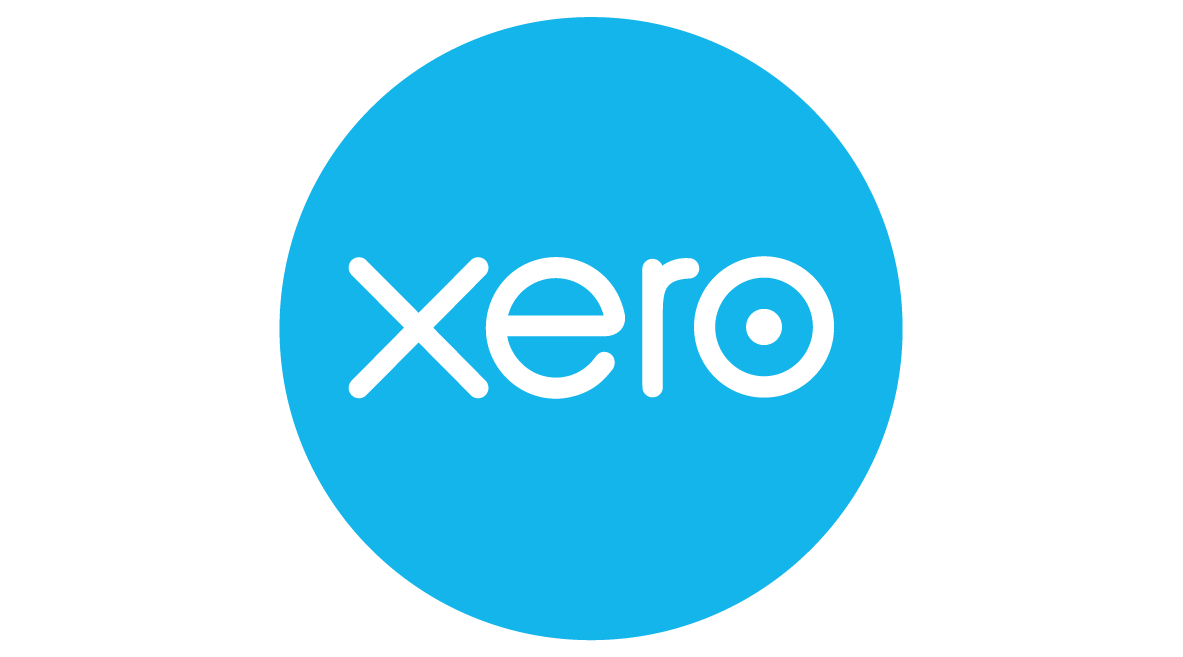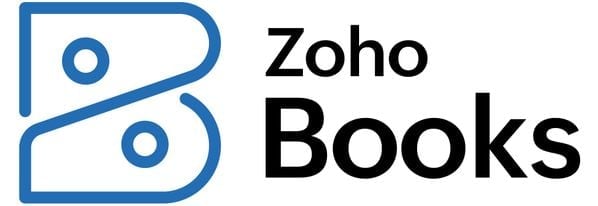What Is Accounting? Definition and Basics, Explained

Many or all of the products featured here are from our partners who compensate us. This influences which products we write about and where and how the product appears on a page. However, this does not influence our evaluations. Our opinions are our own. Here is a list of our partners and here's how we make money.
Accounting is the practice of tracking your business's financial data and interpreting it into valuable insights. This allows you to generate crucial financial statements, such as a balance sheet, cash flow statement, and profit and loss report. It sounds simple, but in reality, a lot of behind-the-scenes work goes into accurately reporting on a business's financial state.
Accounting requires meticulous record-keeping and financial transaction tracking year-round. Moreover, keeping accurate records helps ensure your business is prepared to file taxes, present information to investors or even apply for a loan.
FEATURED
Accounting basics
Recording financial transactions
For a small business, accounting involves tracking money flow in various forms, including operating expenses (e.g., marketing, utilities, rent), cost of goods sold, accounts receivable and sales. It also takes into account liabilities, such as accounts payable, business loans and taxes, and the value of your assets, such as cash and inventory.
Let's say a client just paid their invoice online, or money was withdrawn from your checking account to pay a utility bill. Each transaction — money in or money out — gets recorded. Most business owners opt for small-business accounting software to help automate the process and reduce the likelihood of error.
Organizing financial transactions
A chart of accounts helps organize and make sense of all of a business's recorded transactions. It's essentially a list of financial accounts, and each time you record a transaction, you classify it under a particular account. Most accounts fall into five overarching account types: assets, liabilities, equity, expenses or revenue. Categorizing transactions accurately is critical for producing financial statements, which each pull information from specific accounts.
After you enter a transaction and categorize it under an account, your accounting software will create a journal entry behind the scenes. Most modern accounting software uses the double-entry accounting system, which requires two book entries — one debit and one credit — for every business transaction. These entries are summarized in the general ledger.
Running accounting reports
After recording and categorizing transactions, you can analyze the results by running reports. There are a few main financial statements that businesses rely on:
Income statement. Also called a profit and loss statement, the income statement consolidates data on revenue and expenses to show how profitable your business was over a specific period. It also shows how much it's paid in expenses and taxes.
Balance sheet. The balance sheet takes your business's assets (e.g., inventory, equipment and accounts receivable), liabilities (e.g., accounts payable or taxes owed) and equity into account.
Cash flow statement. As the name implies, this accounting report gives you an overview of your business's cash flow. It breaks down how your business earns cash and what that cash is going toward. Ideally, your cash flow will be positive and indicate that you have enough cash to cover future liabilities.
The figures in your reports will look different depending on whether you use cash or accrual basis accounting.
Following accounting standards
GAAP accounting
The Financial Accounting Standards Board, an independent organization recognized by the federal government, established a set of standards called generally accepted accounting principles, or GAAP, that publicly traded companies must comply with. For example, a company has to reference specific time periods in reports and follow the same accounting method across time periods to ensure accurate comparisons. Though small businesses aren't required to follow the same rules, doing so can help ensure a higher level of consistency.
How do small businesses use accounting?
You can use accounting to track cash flow and quantify your company's financial health. In addition, accounting makes it possible to create financial projections to plan for the future and anticipate sales and expenses. Without accounting, it would be incredibly difficult to gauge your business's performance and whether it's on track to meet its goals and obligations.
What do accountants do?
Small businesses hire accountants to advise them on their financial situation and help file taxes. Aside from handling taxes and compliance issues, they can help you optimize budgets, spot opportunities to save, and even apply for business loans.
Whereas you might only periodically consult your accountant, a bookkeeper touches base more frequently and handles daily accounting tasks. Regardless of who you hire, knowing basic accounting principles can help you understand your business better and have more productive conversations with your financial team.
| Product | Starting at | Promotion | Learn more |
|---|---|---|---|
 QuickBooks Online NerdWallet Rating Learn more on QuickBooks' website | $30/month Additional pricing tiers (per month): $60, $90, $200. | 50% off for first three months or free 30-day trial. | Learn more on QuickBooks' website |
 Xero NerdWallet Rating Learn more on Xero's website | $15/month Additional pricing tiers (per month): $42, $78. | 30-day free trial or monthly discount (terms vary). | Learn more on Xero's website |
 Zoho Books NerdWallet Rating Learn more on Zoho Books' website | $0 Additional pricing tiers (per month): $20, $50, $70, $150, $275. | 14-day free trial of the Premium plan. | Learn more on Zoho Books' website |
 FreshBooks NerdWallet Rating Learn more on FreshBooks' website | $19/month Additional pricing tiers (per month): $33, $60, custom. | 30-day free trial or monthly discount (terms vary). | Learn more on FreshBooks' website |

